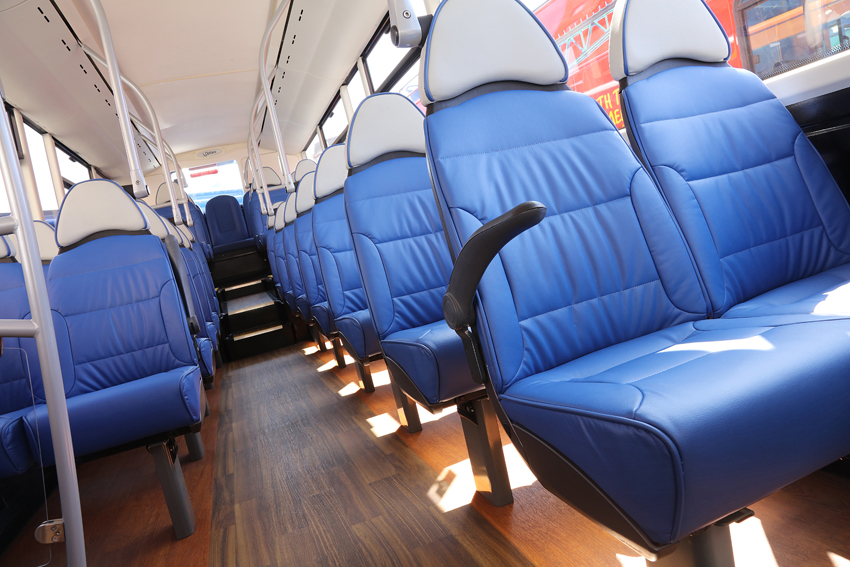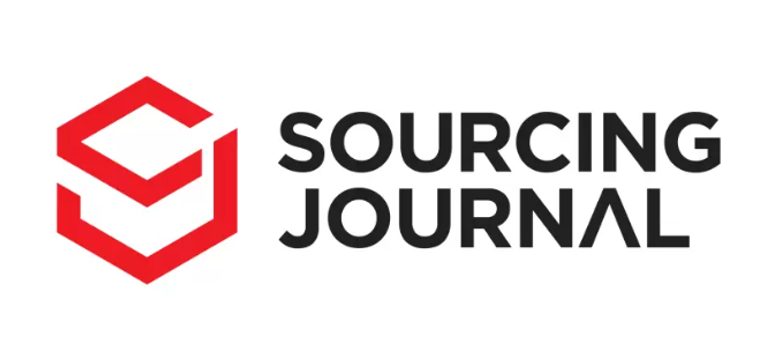
The Paris Olympics created an estimated carbon footprint of 1.58 million metric tons of carbon dioxide equivalents (mtCO2e), per S&P Global. That’s the equivalent of making 721.5 million steaks, per carbon footprint platform OpenCO2’s calculations. This was due to the energy required for construction and event operations, but mainly transportation.
That transportation included the global trek of the 15,000 competing athletes and officials as well as the nearly 10 million ticket holders traveling from near and far. Spectators were projected to produce about 395,000 metric tons of carbon emissions, as reported by the Washington Post.
More from Sourcing Journal
- G-Star Teams With Olympic Gymnast Champion Rhys McClenaghan
- Inside the Challenges of Transportation and Logistics at the Module Level
- ESG Outlook: Francesca Ritchie of Teton Leather on Conservation and Revitalizing Ecosystems
While the emissions accrued from long-haul flights are a challenge for all international events, efforts were made to reduce localized transportation-related emissions. The Île-de-France region and its transport authority, Île-de-France Mobilités, encouraged public transpiration—and invested more than 500 million euros (about $554 million) in the infrastructure to support the idea, according to the UK publication Future Transport News.
Gen Phoenix further supported this incentive with the Sustainable Summer Games Refund: a first-of-its-kind initiative encouraging the use of buses, metros, rails and trams to get to and from the games.
If patrons provided Gen Phoenix with proof of use—such as a photo of a ticket stub or receipt—the London-based engineered leather innovator reimbursed them for one of those transit rides.
Here’s how it worked: visitors who took public transportation between July 26 and August 11 and documented evidence of doing so sent their contact and banking details to Gen Phoenix, who in turn verified the receipt and sent reimbursement for up to 10 euros ($11) per ticket.
The Dr. Martens partner reportedly received refund requests for the equivalent of over 66 metro rides. Per the terms and conditions, 5,000 euros (roughly $5,500) was allocated toward the reimbursement reserve. Per Sourcing Journal’s math, only 13.2 percent of the fund was used.
“We were able to execute the Sustainable Summer Games initiative using Gen Phoenix’s resources in-house by creating a reimbursement program using our own funds and encouraging Olympic spectators to prioritize public transportation as a more eco-friendly alternative to ride-share services,” Elyse Winer, who served as a partner at investment firm Material Impact before becoming Gen Phoenix’s chief marketing officer last March on the heels of an $18 million funding round, told Sourcing Journal.
And that tracks.
With its roots in the mass transportation sector, the 15-year-old-firm formerly known as ELeather said it has helped its passageway partners across Europe—including Spain’s national railway company, Renfe; France’s national state-owned railway, SNCF; and DSB, the largest Danish train operating company as well as global names like Amtrak, American Airlines and Aeromexico—outfit their various conveyors in its sustainable, recycled leather since 2007.
This has resulted in covering over 1.5 million seats with Gen Phoenix’s reclaimed leather waste material. The choice to reimburse public transit costs reflects Gen Phoenix’s core ethos of environmental responsibility.
“The Sustainable Summer Games Refund came at a pivotal time when global attention was shifting toward reducing carbon emissions and promoting eco-friendly transportation alternatives,” Winer said. “The Games traditionally leave a significant environmental footprint every two years, and we wanted to create an initiative that would help offset this with a positive impact.”
Granted, the Coach collaborator didn’t have a huge marketing budget to promote the project. That said, Gen Phoenix was “very excited” to have received the refund requests it did, seeing it as a “testament to the potential” for scaling the concept for future events.
“As a B2B company, we don’t often get to engage directly with consumers, but we felt this initiative was an exciting opportunity to do just that while communicating a core value of Gen Phoenix,” Winer said. “By encouraging sustainable travel during such a highly visible moment, this initiative was an opportunity to demonstrate our continued dedication to eco-friendly practices for a more sustainable world.”
While the alternative leather firm didn’t coordinate with Parisian public transit for this initiative, partnering directly with the host city for future iterations of the program is certainly “something to entertain,” Winer said.
“This experience has been a great learning opportunity for us,” Winer said. “As we look ahead to the Summer Games in Los Angeles—where transportation may be a challenge—we’re excited about the potential to build on this initiative; it could pave the way for a similar offer in 2028, furthering our commitment to sustainability.”



